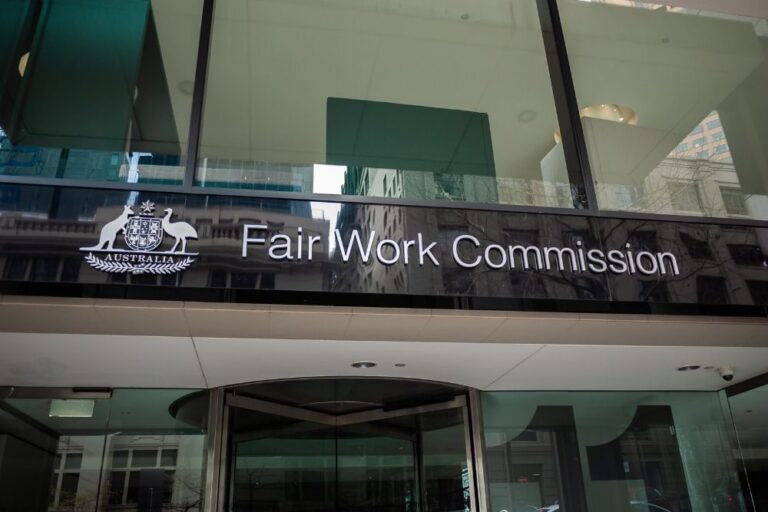The Fair Work Ombudsman has weighed into the fray for the first time in 2024, warning businesses to take the time to understand and comply with changes made to the Fair Work Act last year.
In a public statement, Anna Booth said, “There can be significant penalties where the laws are not followed – including jail time for the new criminal offence – but we want employers to get it right in the first place and are here to help.”
The Federal Government has changed a number of workplace rules since it was elected, including the Closing Loopholes laws, which came into effect in December. Some of the laws will only come into effect over the next year.
Dozens of laws have been changed, but in their release, the Ombudsman calls out three in particular:
Criminalising wage theft
From the 1st of January 2025, intentional underpayments of wages by employers will be a criminal offence.
While this change is still a year away, it’s significant – employers will be criminally prosecuted for wage underpayment for the first time.
Of course, intentional underpayments differ from accidental underpayments, which won’t be prosecuted. How the courts decide what is accidental and deliberate could be quite significant. Regardless, it’s very important that businesses put in place proper processes to pay staff correctly.
The Fair Work Ombudsman is also creating a Voluntary Small Business Wage Compliance Code. Compliance with this code will prevent a business from being prosecuted if they underpay their employees. The code is currently still in development.
Equal pay for labour hire workers
New ‘same job, same pay’ laws formally came into effect in December. These forbid companies from using contractual and labour hire arrangements to pay workers less than the rate typical workers receive.
The laws target a smaller band of employers – not everyone uses labour hire and contractual arrangements – so they don’t affect as many businesses as the decision to criminalise wage theft.
Employees, unions, and host employers can now apply to the Fair Work Commission for a regulated labour hire arrangement order. When such an order is in effect, employers will be required to pay labour hire employees the same as employees who are employed directly.
Additional discrimination protections
The law changes that came into effect in December also included new discrimination protections. Employers cannot discriminate by taking adverse action against employees because they have been subjected to family and domestic violence.
Awards and enterprise agreements must also not include terms that discriminate against an employee because they’re experiencing family and domestic violence.






